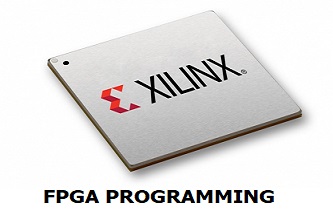Super-Rapid 10-Minute Charging Project for Electric Bus
The project, the first of its kind on public roads in Japan, is set to showcase the feasibility of commercial operation of an e-bus charged by a pantograph. Rinko Bus has been chosen to operate the service, while Drive Electro Technology will be responsible for producing the pantograph charging system and converting the diesel bus to electric power using Toshiba's rechargeable battery, known as "SCiB™". An interesting aspect of the project is the verification of the ability to reuse SCiB™ batteries. The used batteries will be installed in the pantograph charging system, charged to minimize power consumption during peak demand, and then used to supply power to the on-board battery via the pantograph.
Despite the growing support for e-buses as an environmental investment in countries like China and Europe, global sales figures for 2023 were relatively low, with only 50,000 units sold, accounting for a mere 3% of all bus sales. One of the key challenges facing the widespread adoption of e-buses is the long charging time and the limited number of available chargers, which can significantly impact the operational efficiency of these vehicles. Moreover, the necessity to secure large charging spaces and install numerous charging facilities poses major barriers, especially in densely populated urban areas of Asia where space is at a premium.
Toshiba, in collaboration with Rinko Bus and Drive Electro Technology, aims to leverage the unique capabilities of each company to drive the demonstration project forward as a cutting-edge initiative. The goal is to lead the way in introducing this innovative system into Asia, thereby contributing to the advancement of carbon neutrality and sustainable growth for society as a whole. By working together, these companies are poised to make a significant impact on the future of public transportation in the region.
Through this collaborative effort, the partners are not only focusing on the technological aspects of the project but also on the broader implications for the environment and society. By demonstrating the viability of e-buses charged by pantographs, they are paving the way for a more sustainable and efficient public transportation system in Japan and beyond. This initiative underscores the importance of innovation and cooperation in addressing the challenges of urban mobility and environmental sustainability.
As the project progresses and the results of the demonstration become apparent, it is expected to attract attention from other cities and countries looking to enhance their public transportation systems. The success of this endeavor could serve as a model for future projects aimed at promoting the adoption of eco-friendly transportation solutions and accelerating the transition towards a greener, more sustainable future for all.












